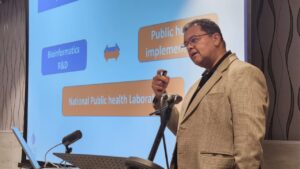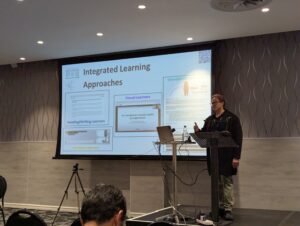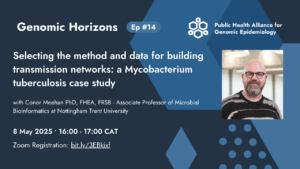
The World Health Organisation declared COVID-19 as a public health emergency of international concern ( PHEIC) on 30 January 2020. No-one really knew how much devastation it would bring to people’s lives. As of the end of June 2022, although underestimated, more than 6 million lives were lost globally.
Partnerships within the health sector, and the health sector and non-health sectors, have shown how having a unified goal may provide some solutions when a crisis arises. To reduce COVID-19 related deaths, several preventative strategies, and many others, have been widely exercised such as masking up, sanitization, physical- distancing, travel restrictions, gathering restrictions and vaccination.
Whilst everyone may have been impacted in some way with this pandemic, the anticipation of having “normal-lives” back is a plight for many. Most governments globally have been relying on health expert advice and are confident in the containment of the virus as indicated by the ease of COVID-19 restrictions. A ray of hope becomes evident among mankind when health systems are responsive to the emergence of health threats.
In this issue, the Data Structures Working Group keeps us posted on their antimicrobial resistance (AMR) and SARS-CoV-2 publications, participation in international workshops and conferences, and new projects. The Bioinformatics Pipelines and Visualizations Working Group highlights on the growth of their group, the work they have put into quality control (QC) guidelines on SARS-CoV-2 genomic analysis, and the insights they got on QC in genome analysis of a current outbreak, mpox. The Ethics and Data Sharing working group informs us on the sub-grants on ethical, legal and social implications (ELSI) related work.
Rangarirai Matima
PDF edition:
Link
If you haven’t done so already, subscribe to receive PHA4GE newsletter via email.



